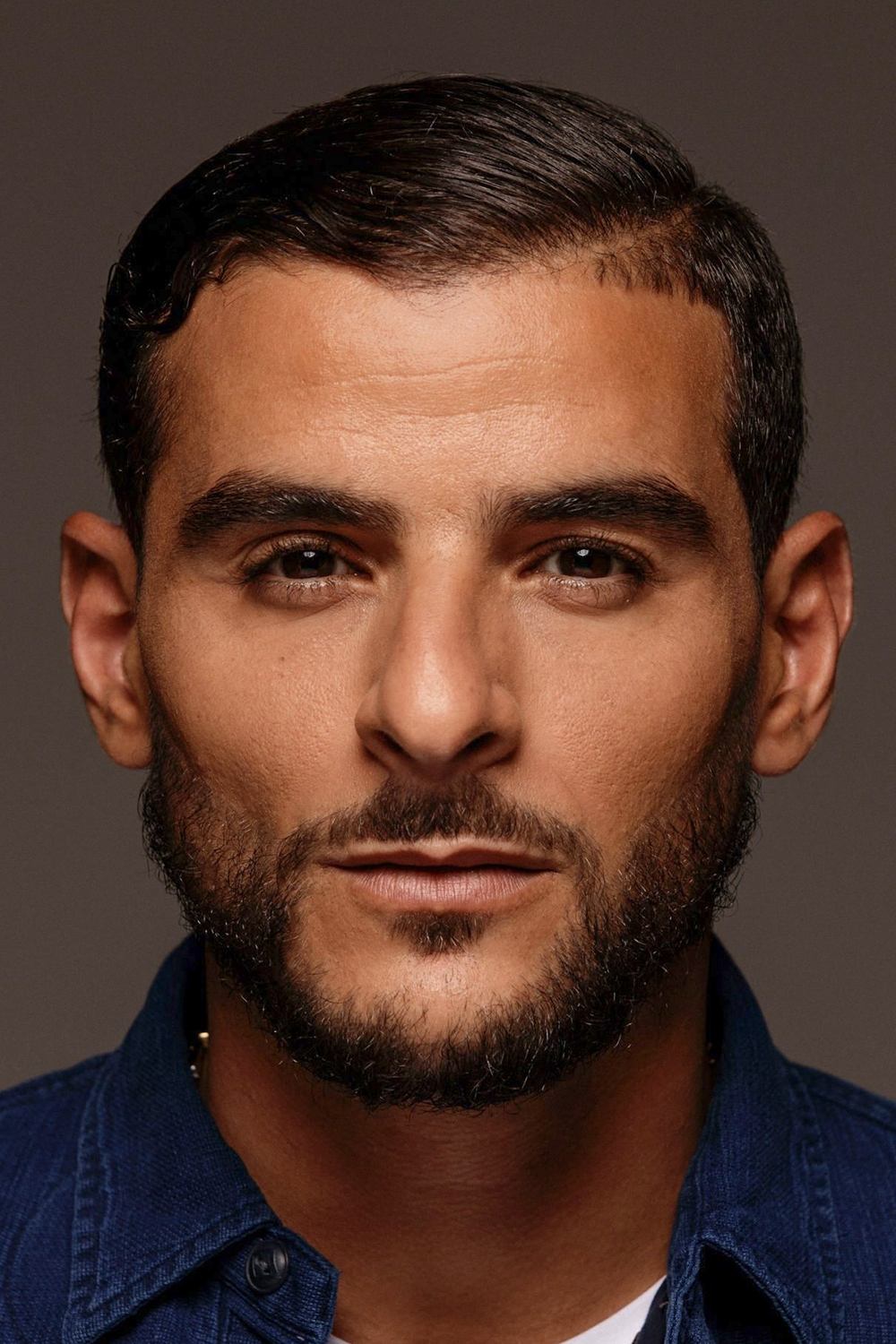
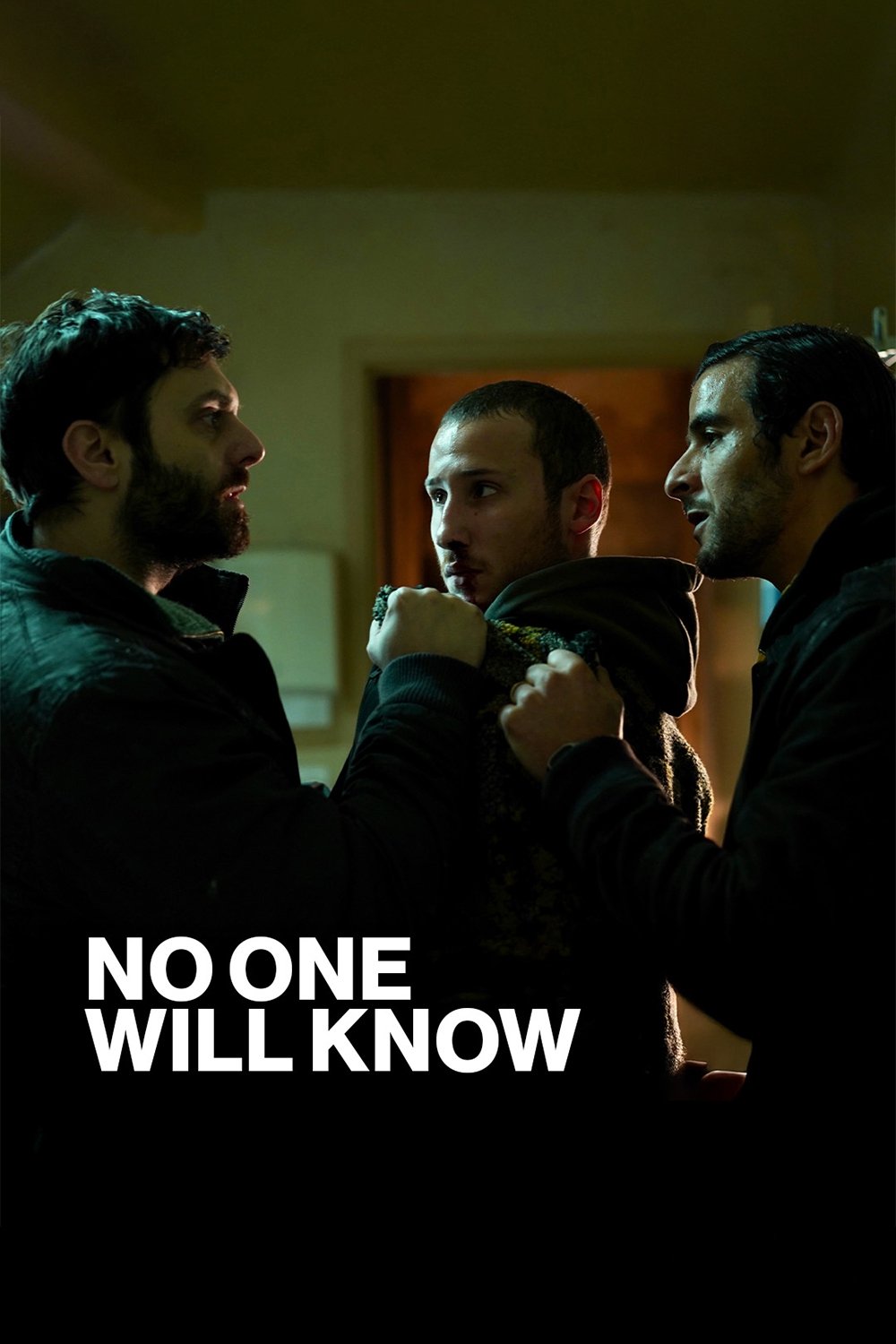
In a shabby bar outside Paris, in the early hours of the morning, a few customers are having a last drink or a first coffee, when out of nowhere one of the regulars wins the €294 million lottery. But another customer decides otherwise: a gun is drawn, shots are fired and the winner collapses, leaving the ticket ownerless. The remaining customers lock themselves behind closed doors, and see an opportunity to concoct the perfect story to cover up the crime, then all walk away millionaires. But as unforeseen events conspire against them, their temptation sends them all on a bloody downward spiral.
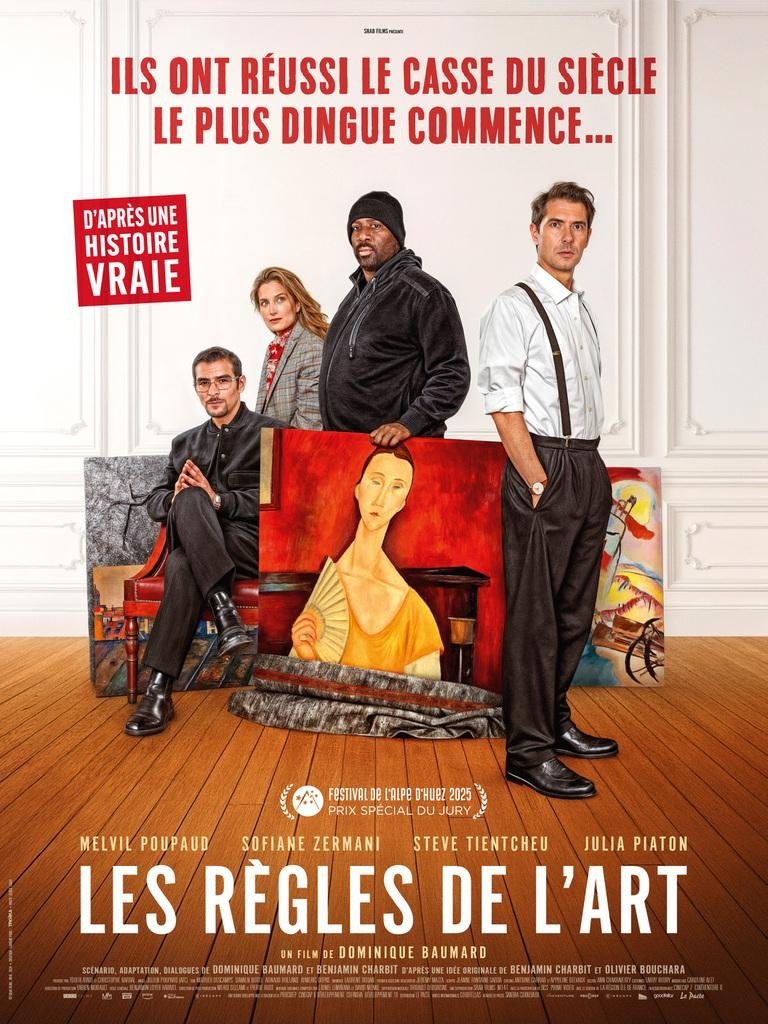
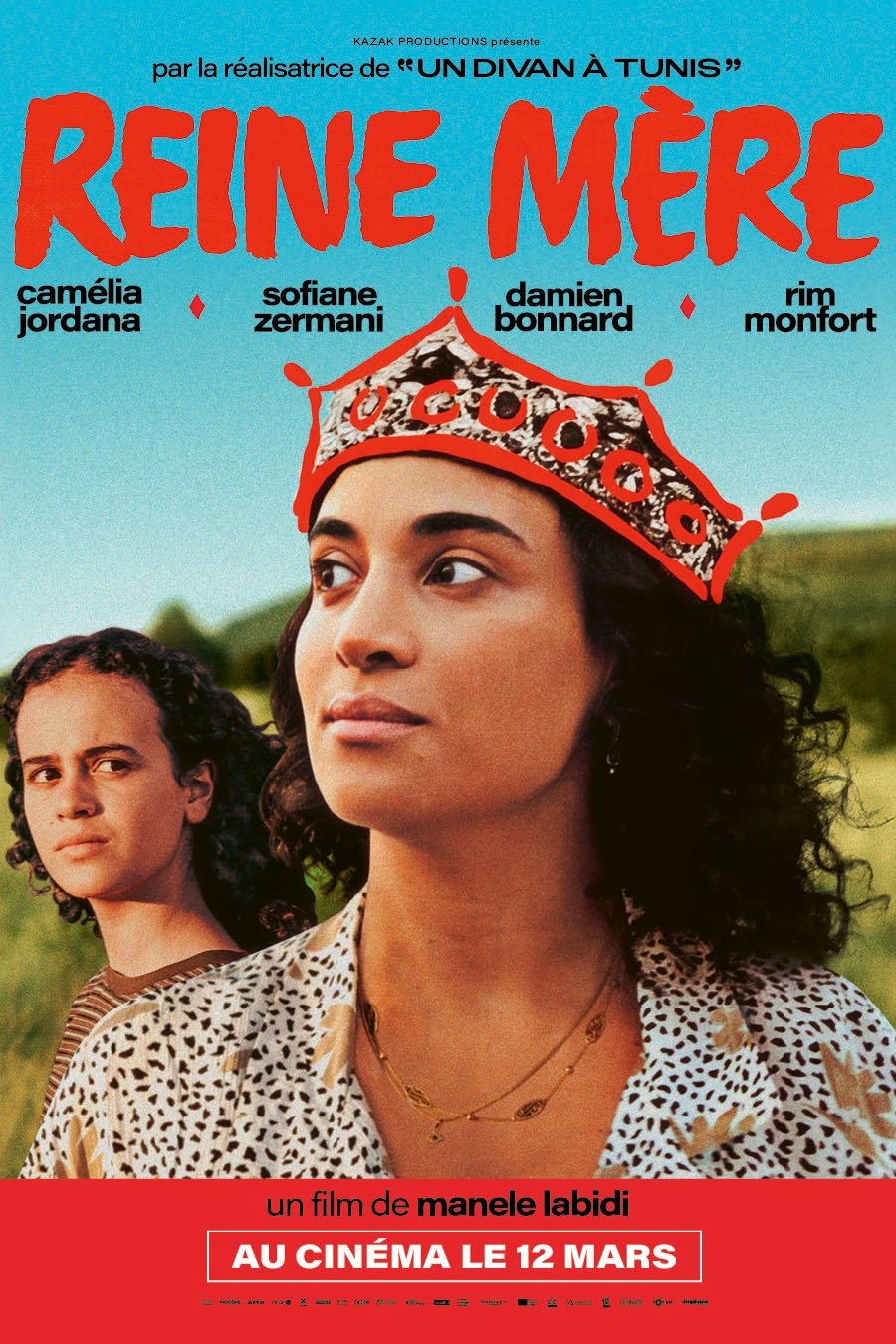
Amel and her family learn that their landlord wants to get his apartment back in a few months. While Mouna, her eldest daughter, begins to have visions of Charles Martel, and their request for new social housing drags on, Amel has no choice but to reinvent herself.
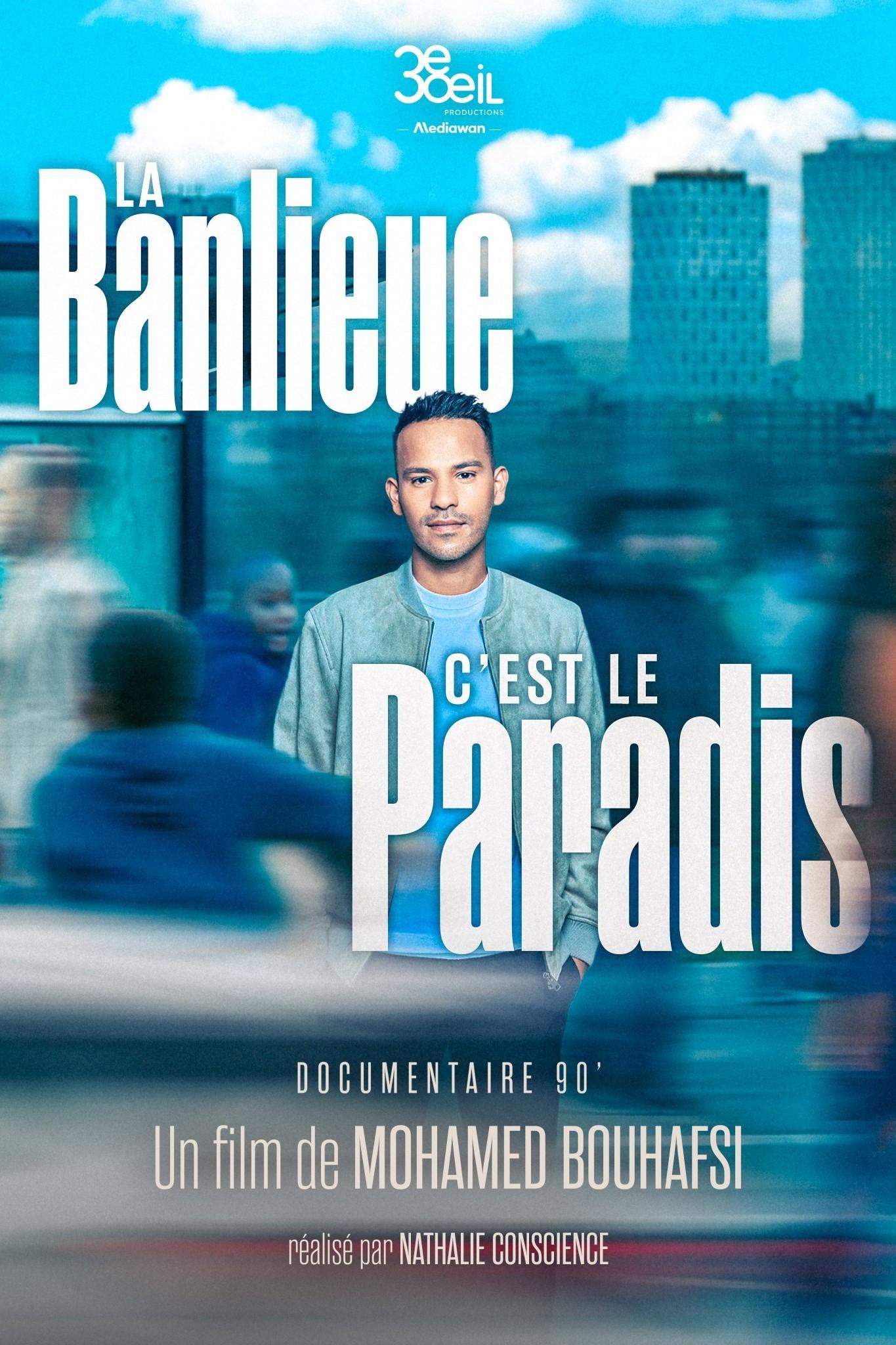
In the 1960s, the suburbs were meant to be modern havens for newcomers from rural France, Portugal, Spain, North Africa, and Africa, helping rebuild post-war France. Large housing complexes symbolized this ideal, offering comfort, heating, and electricity. But by the 1980s, disillusionment set in as economic crisis, unemployment, poverty, crime, racism, and police violence took hold. Mohamed Bouhafsi tells the story of a dream that didn’t last.
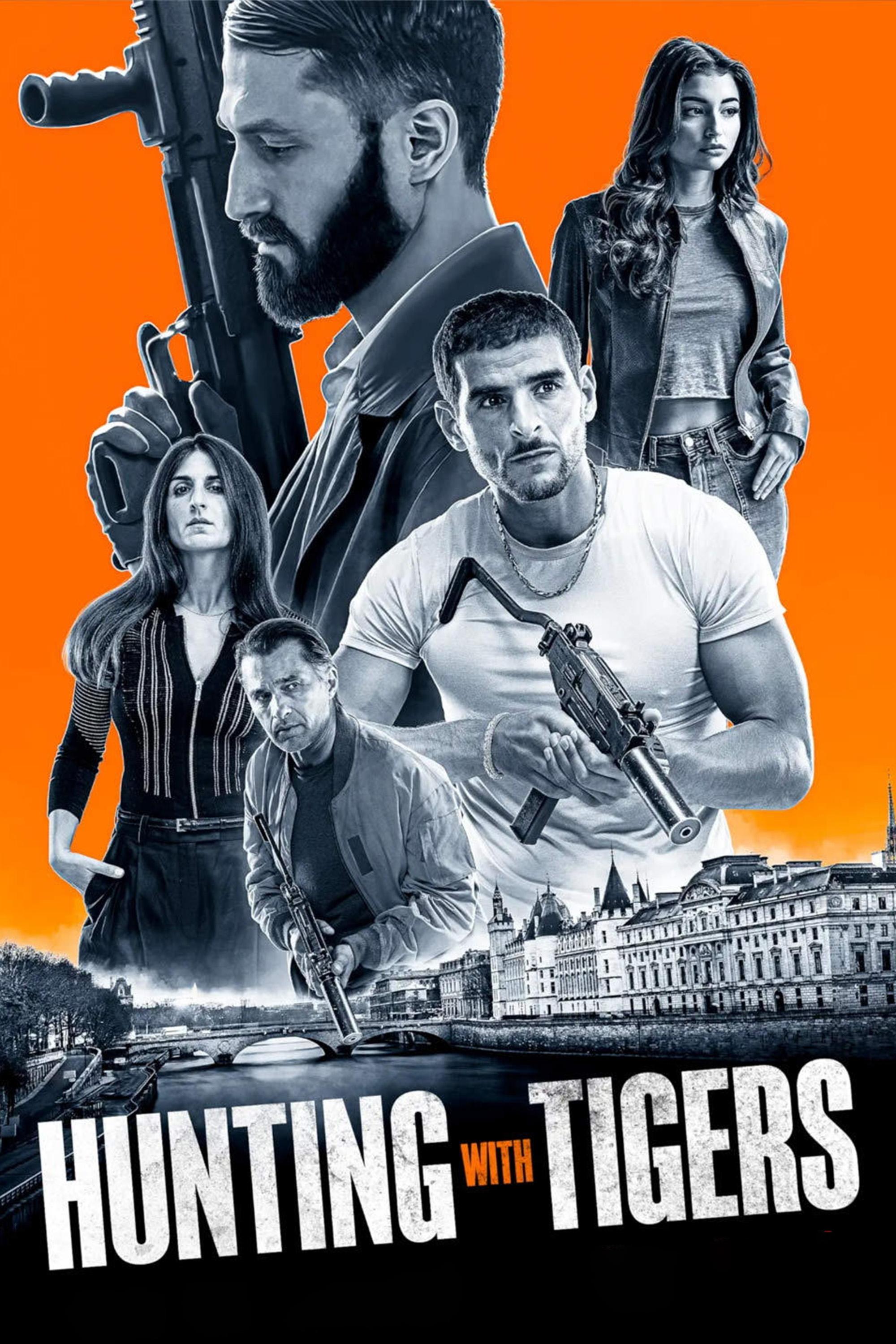
Malik, a young Parisian hustler, discovers that his stepfather Serge, a famous bank robber, has been arrested along with his accomplices. During the trial, Iris, one of the accused's lawyers, Chérif, requests Malik to accept a dangerous heist in exchange for Serge and her client's liberty. Malik must convince and reunite Chérif's former partners to accomplish this high-risk stickup.
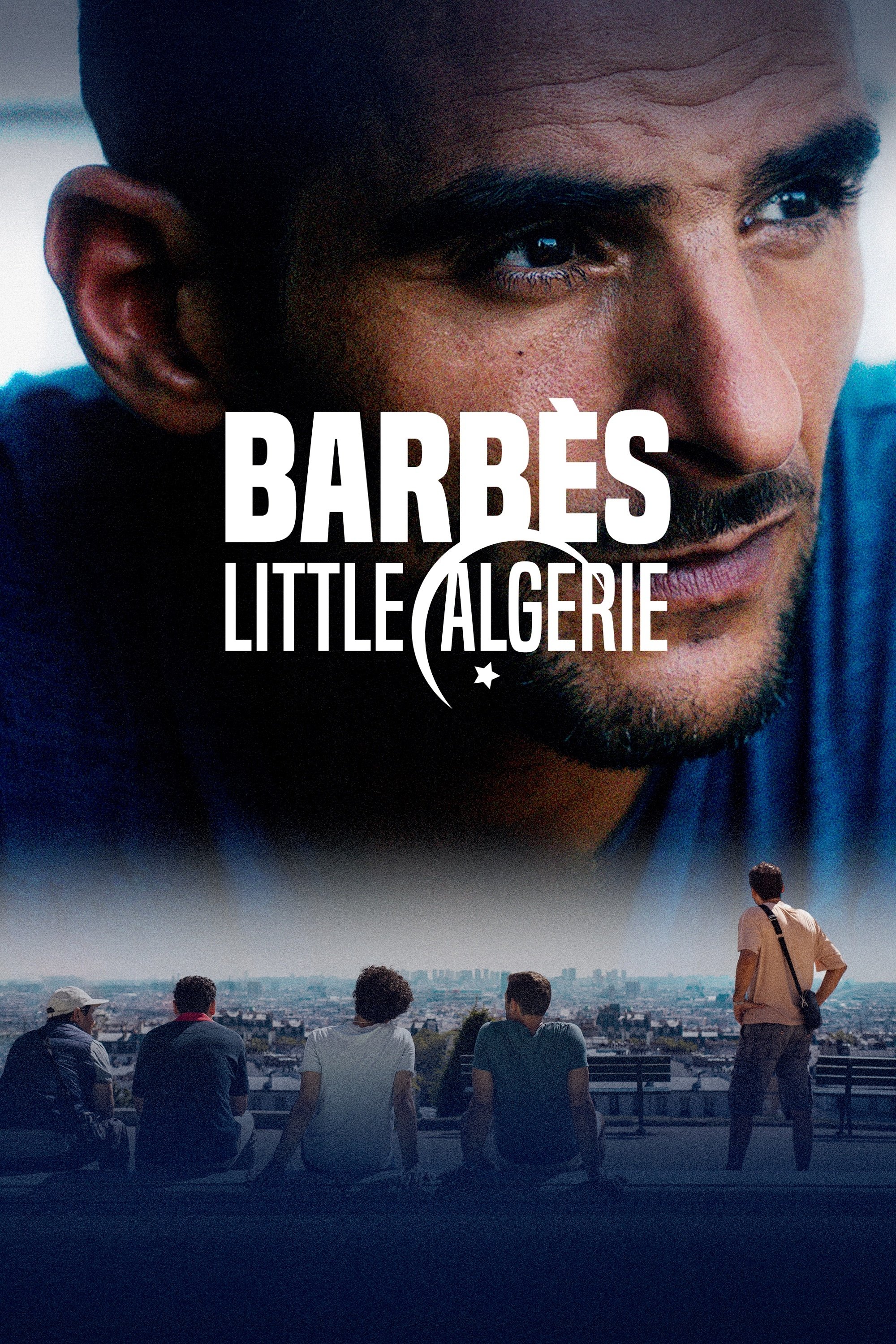
Malek, in his forties, single, has just moved to Montmartre and will soon welcome his nephew Ryiad, who has just arrived from Algeria, into his home. Together they discover Barbès, the neighborhood of the Algerian community, very lively, despite the current health crisis. His meetings with local figures will allow Malek to find a part of himself that he had buried, and to reconcile with his origins.
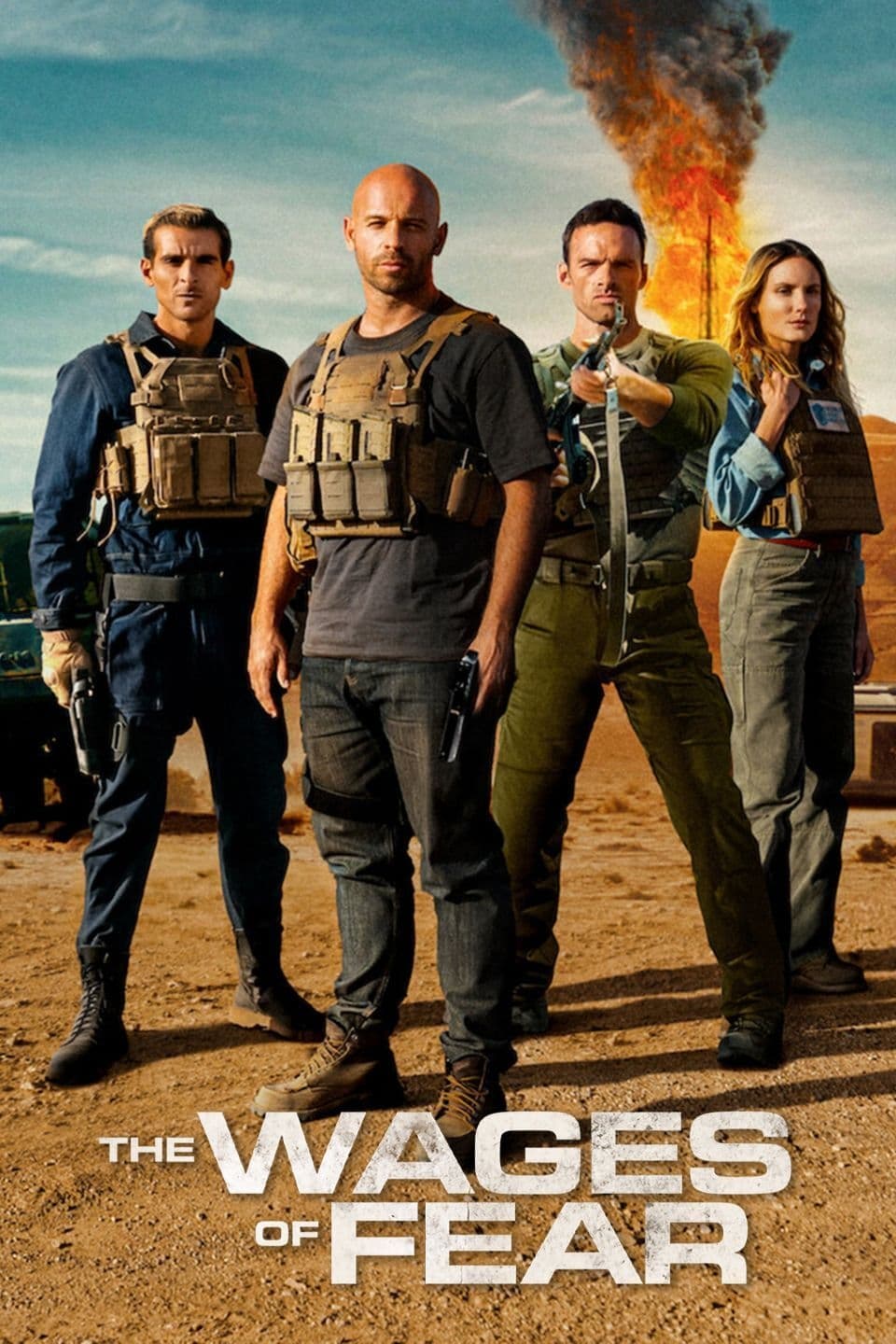
When an explosion at an oil well threatens hundreds of lives, a crack team is called upon to make a deadly desert crossing with nitroglycerine in tow.

“Respect for the vanquished”, remarks Steve “is what separates man from beast.” As a champion in Swiss-style wrestling, Steve knows a thing or two about observing codes of combat. But when his family farm faces repossession, he is forced to join hands with his ex-convict brother Joel and enter the lucrative, clandestine world of no-rules fighting.
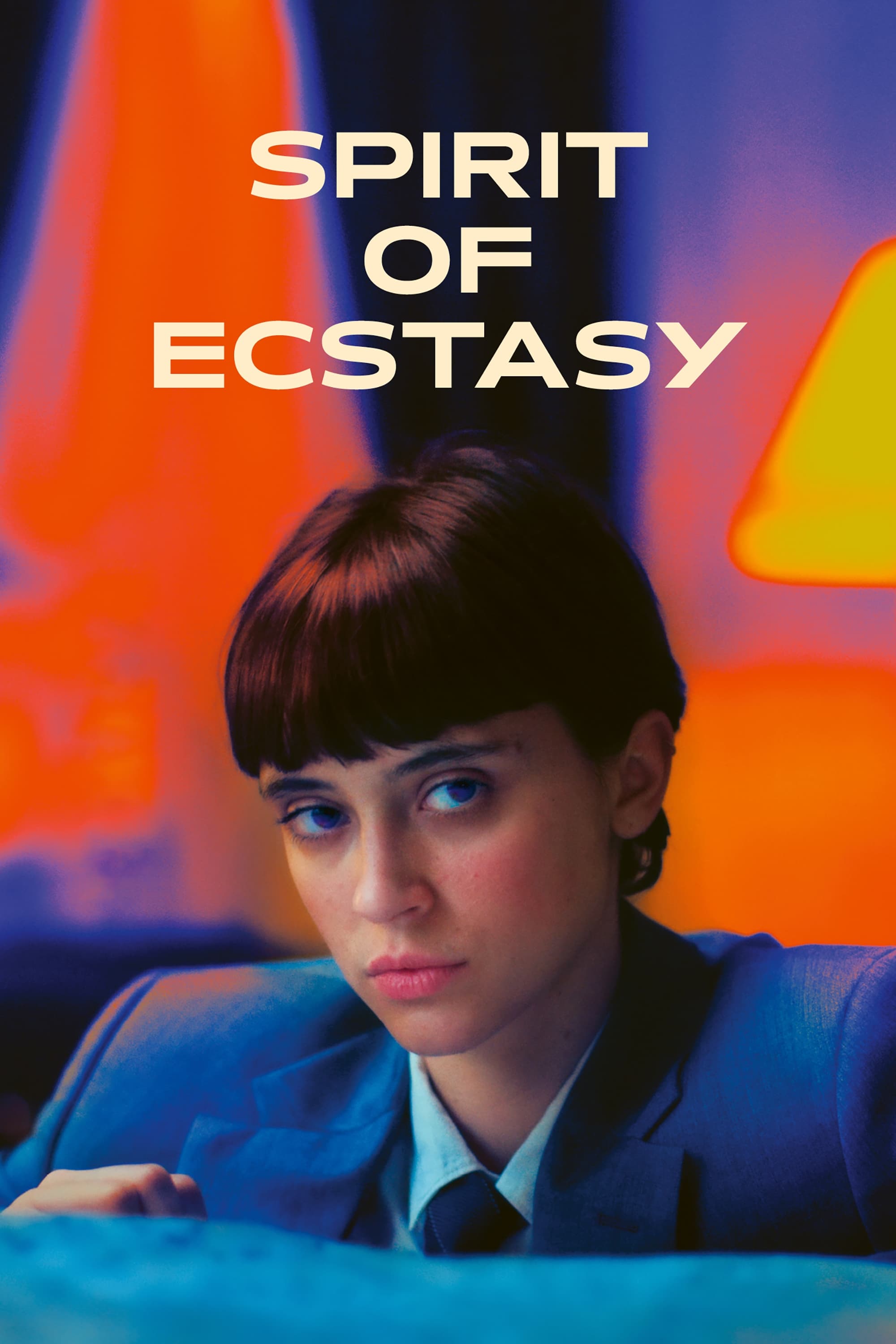
A gender-questioning stock market trader is determined to make it in the world of finance — not for the glory or wealth, but because it's leading them on the path to freedom.
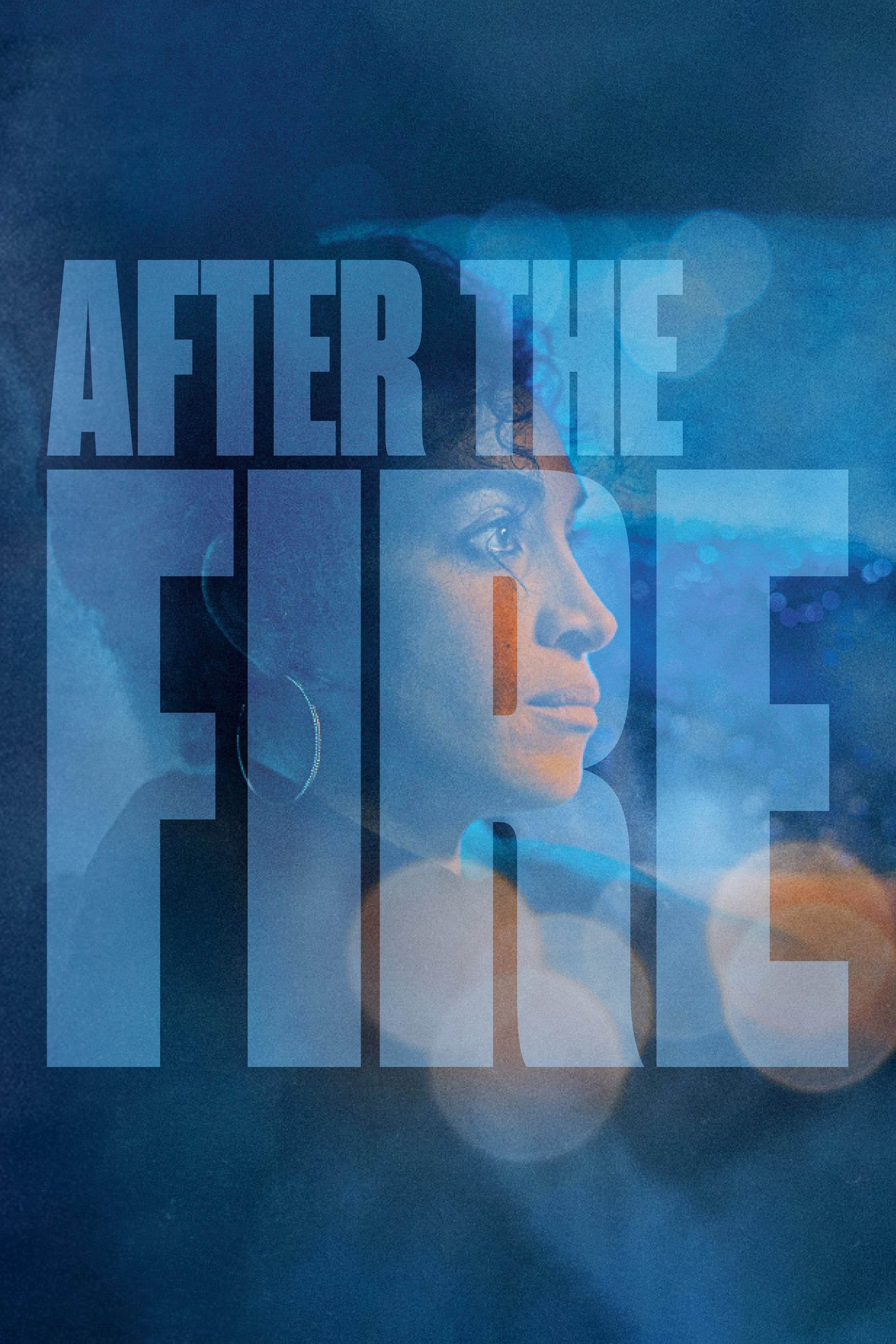
Following the death of her younger brother during a police intervention, Malika embarks on a legal battle to ensure a trial takes place. However, her quest for truth jeopardizes the stability of her family.
Sofiane Zermani (born 21 July 1986) is a French rapper of Algerian descent. He's also known as Fianso (verlan of his first name). Born in Saint-Denis, Paris Region, in the northern suburbs of Paris, he lived in the nearby Stains until age 13 when he moved to Le Blanc-Mesnil. In 2011, he released independently the album Blacklist followed by Blacklist II in 2013. In 2016, he launched a series of videos titled #JeSuisPasséChezSo inviting other less-known rappers to take part. In November 2016, he was signed to Capitol Records, an affiliate of Universal Music France. In January 2017, he released "Ma cité a craqué" featuring Bakyl. The album #JeSuisPasséChezSo, same title as the earlier series has peaked at #2 on SNEP, the French Albums Chart. The album is certified Platinum in May 2017 for selling over 100,000 copies internationally. In May 2017 Sofiane released the album Bandit saleté ("Filth bandit"), which again was certified platinum. For the music video for the song "Toka" from the album, Sofiane and around 10 of his crew stood in the middle of the A3 autoroute, blocking cars, while Sofiane rapped the song in front of cameras. The filming was done without a permit. In February 2018 he was fined €1,500 and given a suspended sentence of four months in jail for obstructing traffic. At the sentencing, Sofiane apologized for his actions, and said that the decision to film there had come to him in a moment of "bad inspiration". Source: Article "Sofiane (rapper)" from Wikipedia in English, licensed under CC-BY-SA 3.0.
By browsing this website, you accept our cookies policy.